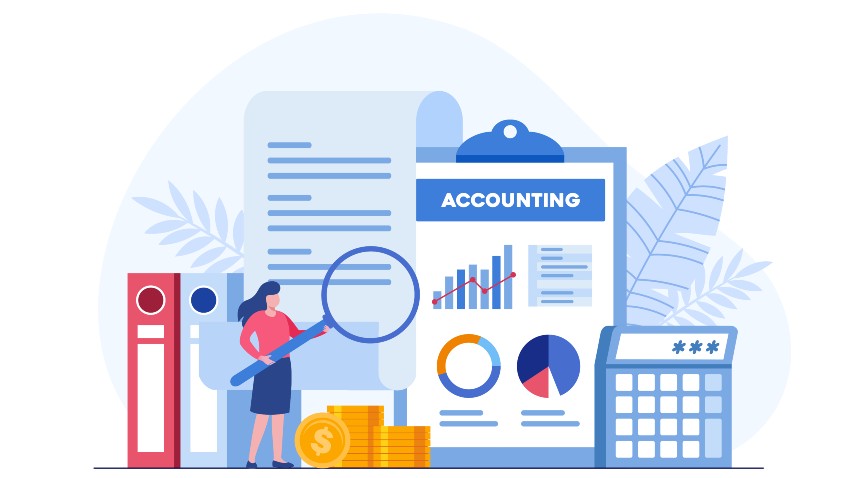In today’s highly competitive business landscape, effective financial planning and contract management are crucial for sustained growth and success.
By leveraging advanced tools and technologies in these areas, businesses can streamline their operations, improve decision-making, mitigate risks, and capitalize on opportunities.
In this article, we will explore the benefits of utilizing financial planning and contract management tools and how they can contribute to business growth.
Benefits of Financial Planning Tools
Financial planning tools play a pivotal role in helping businesses achieve their financial objectives and long-term goals. These tools provide comprehensive insights into an organization’s financial health, enabling business owners and managers to make informed decisions.
With accurate financial data at their disposal, businesses can develop robust budgets, forecast future revenues and expenses, and identify areas for cost optimization. Cassie Finance is a good place to check out if you’re looking for similar services.
Scenario Analysis and What-If Modeling
One of the key advantages of financial planning tools is their ability to facilitate scenario analysis and what-if modeling. By simulating different scenarios and assessing their impact on financial performance, businesses can identify potential risks and devise contingency plans.
This proactive approach enables businesses to navigate uncertainties effectively and make adjustments to their strategies accordingly. By aligning their financial planning with business goals, organizations can allocate resources more efficiently and identify opportunities for growth.
Benefits of Contract Management Tools
Contract management tools are instrumental in streamlining the entire contract lifecycle, from creation to execution and renewal. Contracts form the backbone of business relationships, and effective management of contracts is essential for minimizing risks and optimizing business outcomes.
Contract management tools provide a centralized platform for storing, tracking, and managing contracts, ensuring compliance with legal requirements and reducing administrative overhead.

Automation and Efficiency
Automation is a key feature of contract management tools, offering businesses significant time and cost savings. These tools automate key processes such as contract drafting, approval workflows, and renewal notifications, reducing manual errors and accelerating contract cycles.
By digitizing contract-related documentation, businesses can easily search and retrieve information, leading to improved efficiency and productivity.
Visibility and Performance Monitoring
Furthermore, contract management tools enable businesses to monitor key contract metrics and performance indicators. This visibility into contract data allows organizations to identify bottlenecks, track contract deliverables, and ensure compliance with service-level agreements.
By leveraging these insights, businesses can proactively manage contract risks, negotiate better terms, and enhance their overall vendor and customer relationships.
Integration of Financial Planning and Contract Management
The integration of financial planning and contract management tools can yield even greater benefits for businesses.
By connecting financial data with contractual information, organizations can gain a comprehensive view of their financial obligations, revenue streams, and cost structures.
This holistic approach enables businesses to assess the financial impact of contracts accurately and make strategic decisions based on financial viability.
In addition, the integration of these tools facilitates effective collaboration between departments and enhances transparency. Businesses can also leverage this integrated data to develop data-driven strategies and maximize their return on investment.
Optimizing Business Decisions
For example, by analyzing the profitability of different customer contracts, businesses can identify high-value clients and tailor their sales and marketing strategies accordingly.
Similarly, financial planning tools can help organizations evaluate the financial implications of contract renewals or renegotiations, empowering them to negotiate better terms and improve their bottom line.
In conclusion, leveraging financial planning and contract management tools is crucial for business growth in today’s competitive environment. These tools provide businesses with accurate financial insights, streamline contract processes, and enable informed decision-making.
By aligning financial planning with contractual obligations, businesses can optimize their resource allocation, mitigate risks, and capitalize on growth opportunities. Embracing advanced technologies in these areas is essential for staying ahead of the curve and driving sustainable business growth.






